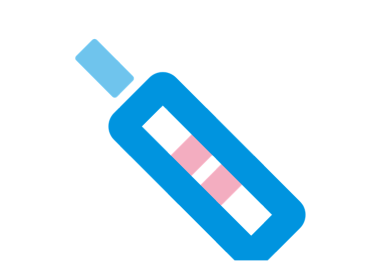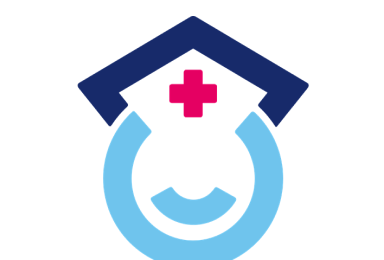Pregnancy testing

A pregnancy test is a quick test that can be used to tell you if you are pregnant.
If you have had unprotected sex, it’s important you do a test at least 21 days afterwards. If you have missed your period, you should do a test on the first day of your missed period.
We can provide a high-sensitivity pregnancy test at our service points that will tell you if you are pregnant earlier than a standard pregnancy test you may buy yourself.
Book an appointment
If you’re ready to visit us, book an appointment to reduce your waiting time at the clinic.
Once you’ve filled out the form, a member of the team will be in touch to confirm your appointment.
Frequently asked questions about pregnancy tests
During a pregnancy test at our service points, you will be asked to urinate in a sample pot. We will then test your urine to see if you are pregnant.
You will be able to discuss the result confidentially with a friendly and non-judgmental provider.
Pregnancy tests work by checking your urine for a hormone called human chorionic gonadotropin (HCG). Your body only makes this hormone if you’re pregnant. After taking a test the result will either be:
Negative: you’re not pregnant. If your test is negative, but your period is late or you have pregnancy symptoms, you need to repeat the test after a week.
Positive: you’re pregnant. Other people can help you make a decision by explaining your choices but in the end you must decide what you want. Your choices include keeping the baby, adoption, or abortion.
A pregnancy test will be less accurate if it’s expired or if you don’t use it the right way. So always check the expiration date on the package, and carefully read the directions that come with your pregnancy test.
If you’ve had a positive pregnancy test, you may be feeling confused, shocked and scared. It’s important to face what’s happening and seek advice as soon as possible.
It’s also important to make the right decision for you, and this might not always be the decision your friends or family would make.
Try and talk it over with someone. If you feel unable to talk to friends or family, you can speak to your doctor or one of our staff.
Please note that as well as pregnancy, unprotected sex puts you at risk of sexually transmitted infections (STIs) such as chlamydia, so you may want to also book an STI screening.







